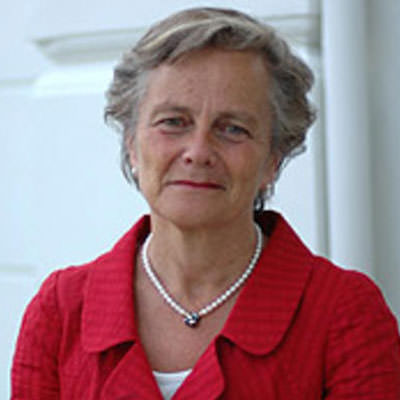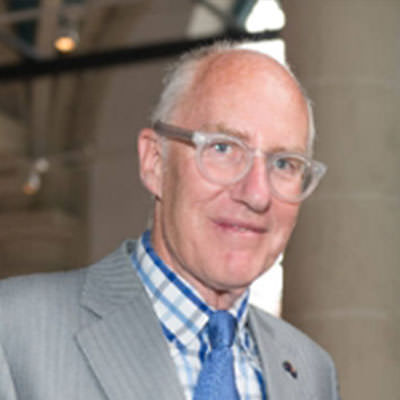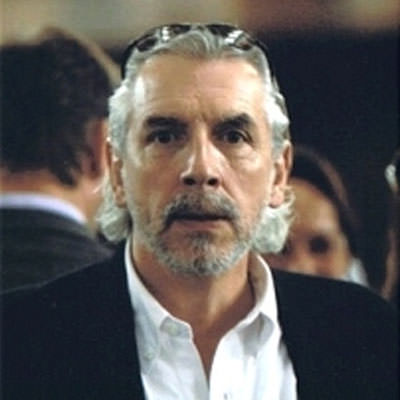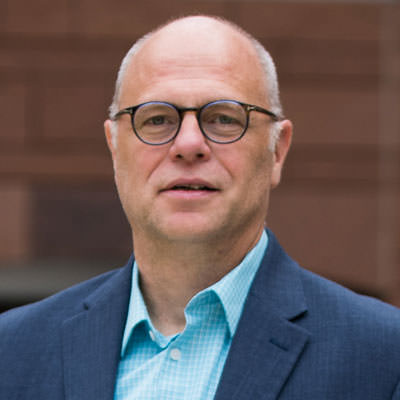
Dates: Tuesday 19 March to Friday 22 March 2019
Location: ArgLab, Nova University of Lisbon – Campus de Campolide
Type/tag: Conference / Workshop
The goal of the kick-off event was to encapsulate the project’s main objectives, methods and topics via a variety of presentations, meetings and working sessions. These activities focused on the problems of argumentation in public policy-making, especially in the context of climate change and energy debates.
19 March 2019 – Opening conference
This day was dedicated to showcasing top research investigating the problems of public policy understood as problems of argumentation and deliberation and, as such, as problems of the rationality of discourse in collective knowledge and action. Four internationally leading scholars presented their most recent theorising on these topics.
9:00-9:30
Registration
9:30-10:15
Opening: Prof. Francisco Caramelo, Dean of the Faculty of Social Sciences and Humanities (NOVA FCSH); Prof. Susana Trovão, Associate Dean for Research of the Faculty of Social Sciences and Humanities (NOVA FCSH); Dr. Marcin Lewiński, Chair of the COST Action, Coordinator of the ArgLab, Nova Institute of Philosophy.
John S. Dryzek (Centre for Deliberative Democracy and Global Governance, University of Canberra, Australia) is one of the instigators of the “deliberative turn” in democratic theory. Working in both political theory and empirical social science, he is best known for his contributions in the areas of democratic theory and practice and environmental politics. His most prominent books include Deliberative Democracy and Beyond: Liberals, Critics, Contestations, Oxford University Press, 2002 and The Politics of the Earth: Environmental Discourses, Oxford University Press, 3rd ed. 2013. He also co-edited The Oxford Handbook of Political Theory (2006) and The Oxford Handbook of Climate Change and Society (2011).
Most recently, he published The Politics of the Anthropocene, Oxford University Press, 2019 (with Jonathan Pickering).
10:15-11:15
The Crisis of Democratic Discourse: Diagnosis and Deliberative Response
Meaningful democracy is currently in great demand (for example, in response to an increasingly unstable Earth system) but short supply. The quantitative overabundance of political expression is accompanied by a severe decline in civility and argumentative complexity. Increasingly polarised politics means that people follow partisan cues rather than listen to the content of messages. Where does this leave deliberative democracy, which prizes meaningful communication? Positive outcomes are easy to achieve in designed deliberative settings (such as mini-publics). The larger public sphere presents a greater challenge, but deliberative systems thinking enables identification of ways to redeem deliberative qualities and contribute to remedies for the crisis of democracy.
Kjersti Fløttum (University of Bergen, Norway) conducts her research in fields related to text and genre theory, semantics, pragmatics, linguistic polyphony, and discourse analysis. The major part of her empirical research is oriented analysis of academic, political and climate change discourse. Her publications include Speaking of Europe. Approaches to Complexity in European Political Discourse (Ed.), John Benjamins, 2013.
Most recently, she published The Role of Language in the Climate Change Debate (Ed.), Routledge, 2017.
11:30-12:30
Climate change discourse in a linguistic and cross-disciplinary perspective
Opinions and attitudes about the climate change issue are represented in multiple contemporary discourses, through divergent and convergent voices. Accounting for such discourses, their role in societal and individual interactions and their influence on opinions and actions, presents some challenges for linguistic and discursive analysis. One reason for the crucial role of language in this context is that climate change has in recent years moved from being predominantly a physical phenomenon to being simultaneously a political, social, ethical, cultural and communicational phenomenon. In this talk I will present some results from the research undertaken by the LINGCLIM group on climate change discourse, with a focus on two areas: climate change narratives and survey discourse.
Frans van Eemeren (University of Amsterdam, The Netherlands) is one of the most prominent figures in argumentation theory, the originator of the pragma-dialectical theory of argumentation. Beyond theoretical work, his research focuses on rhetorical and dialectical analysis of argumentative discourse. His most prominent publications include A Systematic Theory of Argumentation, Cambridge University Press, 2004 (with Rob Grootendorst) and Strategic Maneuvering in Argumentative Discourse, John Benjamins, 2010. He is also the chief author of The Handbook of Argumentation Theory, Springer, 2014.
Most recently, he published Argumentation Theory: A Pragma-Dialectical Perspective, Springer, 2018.
14:00-15:00
Identifying Argumentative Style: Theoretical Tools for Dealing with a Complex Notion
In argumentation theory the notion of argumentative style has so far been left largely unexplored. According to Frans van Eemeren, it is a complex notion pertaining to the ways in which strategic manoeuvring is utilized in shaping argumentative discourse in real-life speech events. In his view, argumentative style does not only have a “presentational” dimension, as is commonly thought, but also a “topical choice” dimension and a dimension of adaptation to “audience demand”. Van Eemeren points out that some of the theoretical tools developed in the pragma-dialectical theory of argumentation can be of help in identifying argumentative styles as they manifest themselves in argumentative discourse: the “analytic overview” containing the argumentative moves made in the discourse that are vital to resolving a difference of opinion, the “argumentative patterns” portraying the dialectical routes taken in the resolution process, and the “strategic design” of the discourse capturing the strategic considerations that have been brought to bear. Van Eemeren illustrates briefly what the identification of argumentative styles would amount to in dealing with real-life speech events by concentrating on the detection of some of the main characteristics of a “detached” argumentative style and an “engaged” argumentative style.
Chris Tindale (University of Windsor, Canada) is the Director of the Centre for Research in Reasoning, Argumentation and Rhetoric. In his work, he combines the philosophical understanding of rhetorical argumentation with the informal logical approach. His current projects involve the resources that argumentation theory can provide for the problem of extremism, and a study of argument and rhetoric in the works of Plato. He is the author of Acts of Arguing: A Rhetorical Model of Argument, SUNY Press, 1999; Rhetorical Argumentation, Sage, 2004 and Fallacies and Argument Appraisal, Cambridge University Press, 2007.
Most recently, he published The Philosophy of Argument and Audience Reception, Cambridge University Press, 2015.
15:00-16:00
“Someone Passed This Way”: Argument Events and the Venatic Tradition
Recent work in rhetorical argumentation filters criteria for evaluating rhetorical arguments (adherence; objectivity; and resistance to refutation) through tools drawn from informal logic, specifically argumentation schemes with their associated critical questions. We see this if we draw on some of those schemes that emphasize the importance of place in argumentation; schemes like the Argument from Sign.
The “climate controversy” reflects a breakdown of the instruments of communication required by the public to read the “coarse signs” (Latour 2010). Taking my cue from Carlo Ginzburg’s discussions of the venatic method in rhetoric, I explore how the tools of argumentation I have introduced may address this breakdown.
21 – 22 March 2019
These two days were dedicated to focused work within the Action’s three Working Groups.
It also included the second meeting of the Action’s Management Committee.

22 March 2019 – Closing conference
Mark Aakhus (School of Communication and Information, Rutgers University, NJ, USA) investigates the relationship between communication and design, especially the uses of technological and organizational design, to augment human interaction and reasoning for decision-making and conflict-management. He uses multiple methods from discourse analysis and computational social science to examine language, argumentation, and social interaction in professional practice, organizational processes, and information infrastructures. He co-edited Perpetual Contact: Mobile Communication, Private Talk, Public Performance, Cambridge University Press, 2002 (with James Katz).
His most recent papers include Framing fracking: Semantic frames as meta-argumentative indicators for knowledge-driven argument mining of controversies, Journal of Argumentation in Context, 2019 (with Elena Musi) and Advancing polylogical analysis of large-scale argumentation: Disagreement management in the fracking controversy. Argumentation, 2017 (with Marcin Lewiński).
10:00-11:00
Argumentation Design — Design Argumentation: The prospect of new institutional practice
All around us, everyday, choices are made about how to manage disagreement in the conduct of activities. Argumentation studies typically attend to these choices in terms of individual actors making arguments and critiquing the arguments of others, which is taken as the essence of argumentation. While much effort has gone towards means for describing, evaluating, and prescribing such individual choices, argumentation theory must go further if it is to address the contemporary communicative conditions for public argument and complex matters of energy policy and climate change. A way forward is to understand the work performed in society, and the knowledge developed, for managing disagreement and how this work institutionalizes particular ideas about argumentation into practices, organizations, and technologies while defining argumentative possibilities.






